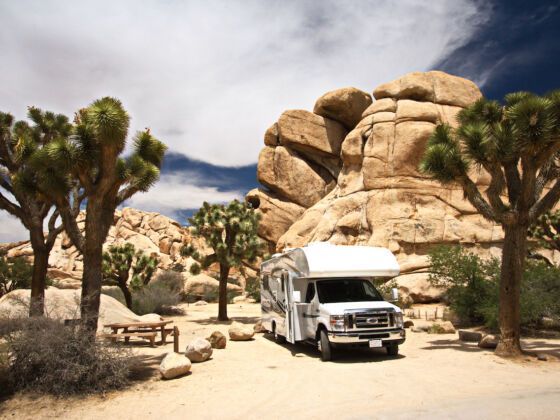Rental cars make it easier for tourists to explore a destination independently. During the pandemic, however, the rental car industry took a major hit as demand dropped and companies sold most inventory. Now that COVID-19 cases are subsiding, summer is here, and travelers are roaring back into action, car rental companies are racing to buy cars quick enough to meet demand.
That means there may not be a whole lot of options depending on where you go — in Hawaii, the shortage was enough to drive people to rent U-Hauls to use as rental cars. So it’s time to get creative, whether that means relying on ride-share apps or throwing it back to the Stone Age and taking a bus. A world without rental cars might sound bleak, but it’s actually a great test of your travel adaptability for longer hauls and short jaunts alike. From RVs to bicycles, these are the rental car alternatives you should consider this summer.


